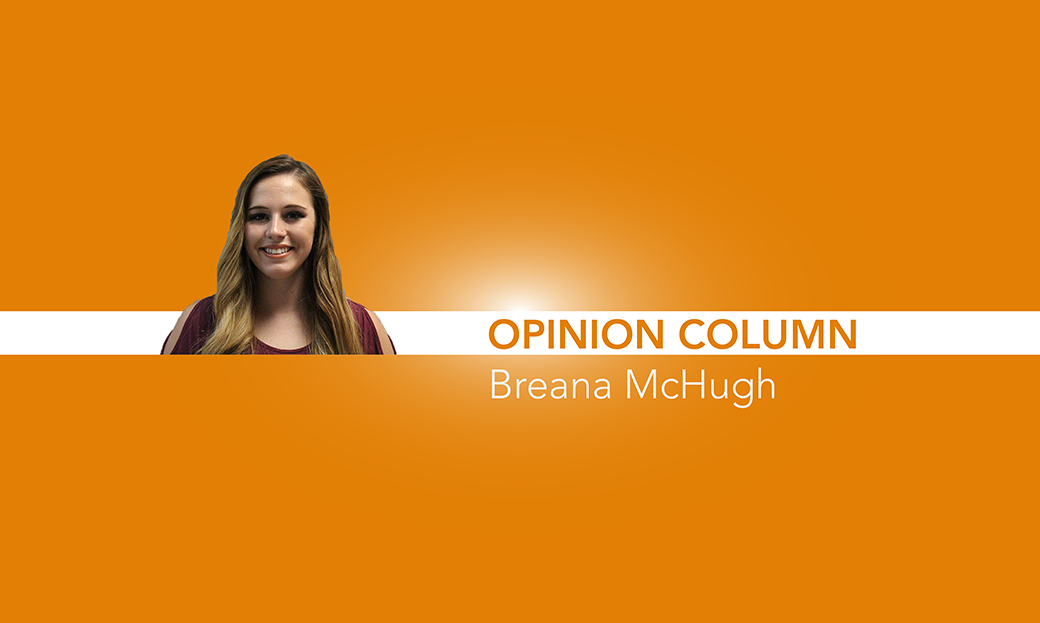
Social media is causing society to become accustomed to unreliable information
Social media, which started as a simple form of communication, has now grown to so much more.
It’s not just connecting with people like it used to be, but getting connected with worldly news as well.
Applications such as Facebook and Twitter are now full of people sharing various articles, whether they relate to Donald Trump’s outrage at a debate or Miley Cyrus and Liam Hemsworth’s recent rekindling of their relationship.
These articles are what many of us spend our time getting our news from, and yes, I myself have been guilty of it too.
I have come to the conclusion, however, that this isn’t the correct way of doing things.
Anyone and everyone is able to share information on these social medias sites. Therefore, anyone and everyone doesn’t always know the facts or gets it right.
So trusting these sources is simply trusting unreliable information.
For an example, the sharing of a tweet. In less than 160 characters, a tweet can miraculously cause the spread of false information to thousands.
For example, in 2013, during the bombing of the Boston Marathon, someone tweeted the name of a missing college student, implying he was prime suspect in the attack. It turned out that the student had nothing to do with the bombing and the internet sleuths had the wrong man.
The spreading of information like this doesn’t only misguide a wide range of people, but it also hurts those who are subject to these lies. If society continues to go in this direction, believing everything they read instead of taking the time to second guess it, this will only bring about a domino affect.
It will cause us to not be able to hold intelligent arguments in our future, to not be able to validate our opinions and to not really know the truth of what’s going on in our world.
This will continue for the generation after us and so on.
“I fear the younger generations will not understand the difference between reliable and unreliable information when they are on social media,” said sophomore Sydney Volesky.
Her concern is very similar to mine.
The ability to understand the difference between what is true and what isn’t is an important concern.
And while I know not every piece of news on social media is false, this still doesn’t change anything.
It’s up to us and the generations after us to not just believe everything we hear, but to second guess it, to do the research, because that will lead society in a better direction. Hopefully this direction will be one where people can hold intelligent conversations, can know the actual facts of a situation, can prove their points and can also separate fact from fiction.
